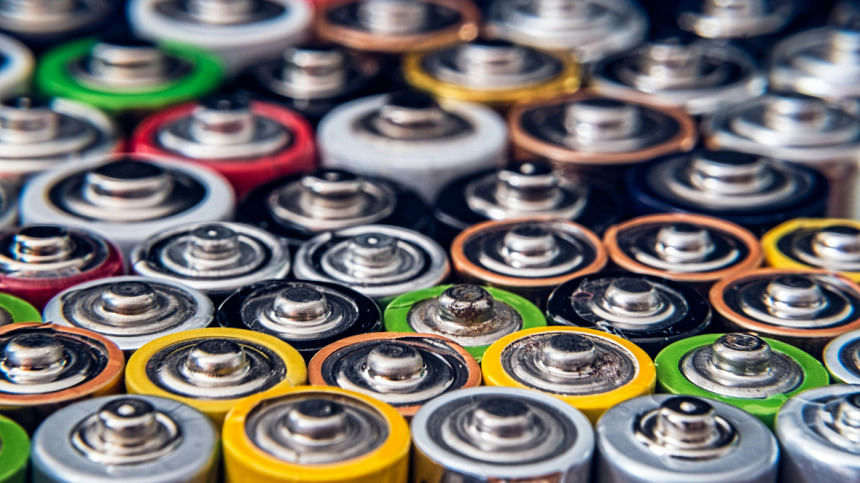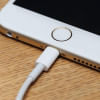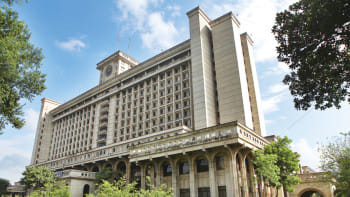Indian scientists develops a super-fast charging sodium-ion battery

Indian scientists may have just found a powerful alternative to costly lithium-ion batteries which have powered the worldwide race for electrification.
A team of Indian scientists in Bengaluru has developed a super-fast charging sodium-ion battery (SIB) based on a NASICON-type cathode and anode material, that can charge up to 80% in just six minutes and last over 3000 charge cycles.
Unlike conventional SIBs that suffer from sluggish charging and short lifespan, the new battery, developed by the scientists at the Jawaharlal Nehru Centre for Advanced Scientific Research (JNCASR), an autonomous institute of the Department of Science and Technology (DST), uses a mix of chemistry and nanotechnology, India's Science and Technology Ministry said on May 19.
The scientists led by Premkumar Senguttuvan and Ph.D. scholar Biplab Patra, engineered a novel material for the anode—Na₁.₀V₀.₂₅Al₀.₂₅Nb₁.₅(PO₄)₃—and optimised it in three critical ways – shrinking the particles to nanoscale, wrapping them in a thin carbon coat and improving the anode material by adding a small amount of aluminium. These tweaks made sodium ions move faster and more safely, enabling both speed and durability.
Sodium is cheap and abundantly available in India, unlike lithium which is scarce and largely imported. A battery built on sodium instead of lithium could help the country to become self-reliant in energy storage technology.
Beyond just cost, the sodium-ion batteries could power everything – from electric vehicles and solar grids to drones and rural homes, making clean energy accessible where it's needed the most.
The technology has been tested and validated through high-end methods, including electrochemical cycling and quantum simulations. However, more development is needed before these batteries hit the market, the Ministry added.

 For all latest news, follow The Daily Star's Google News channel.
For all latest news, follow The Daily Star's Google News channel. 






Comments